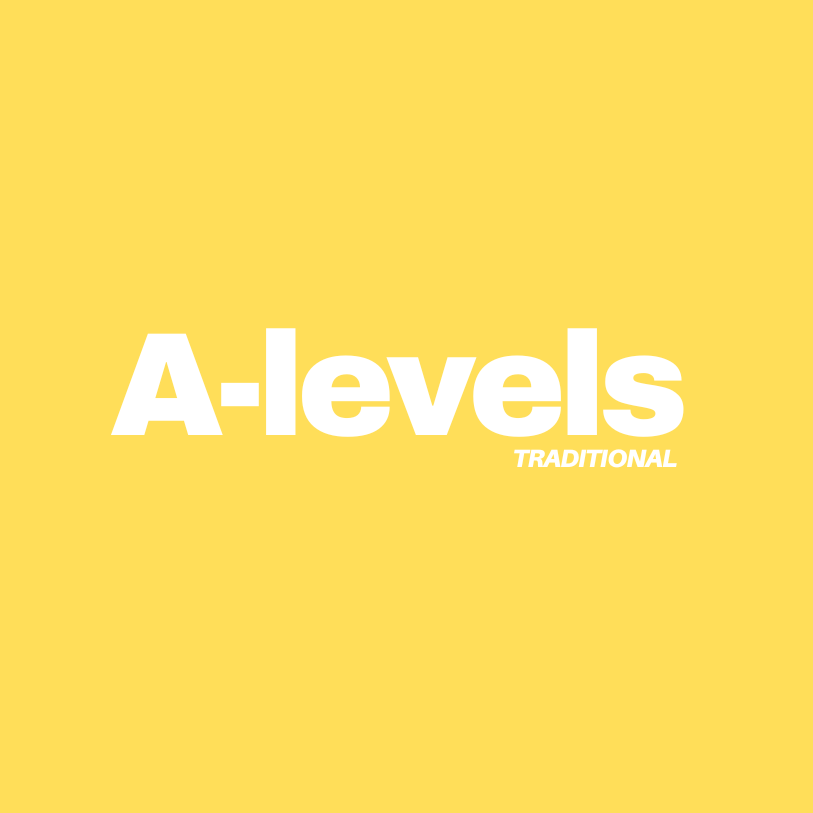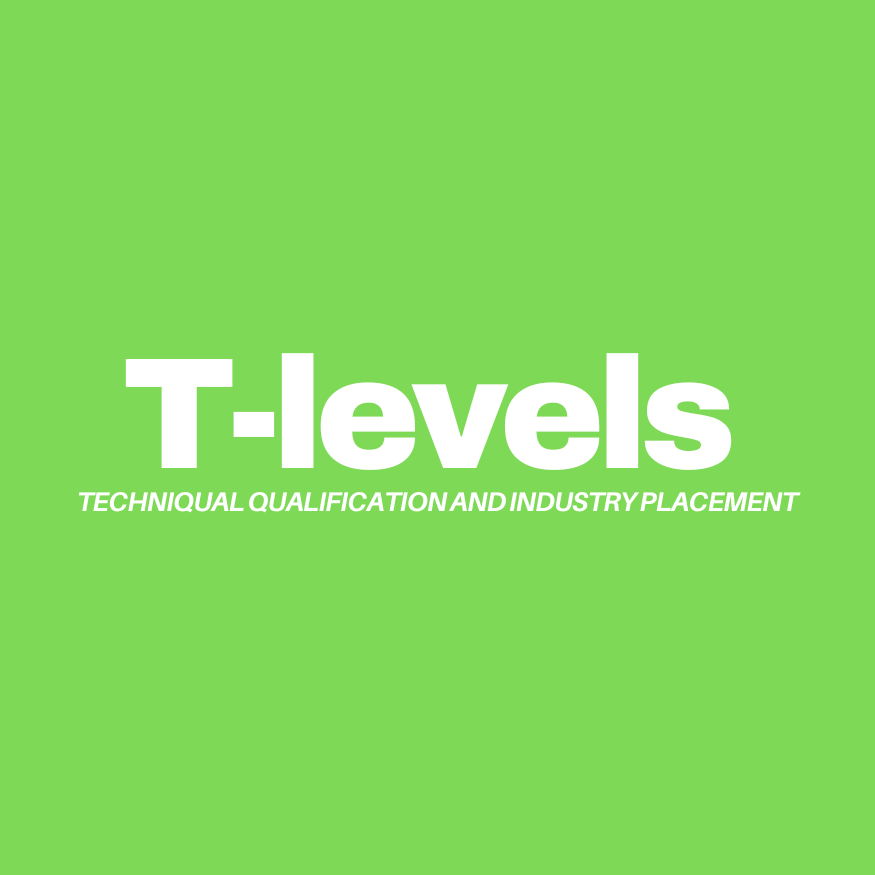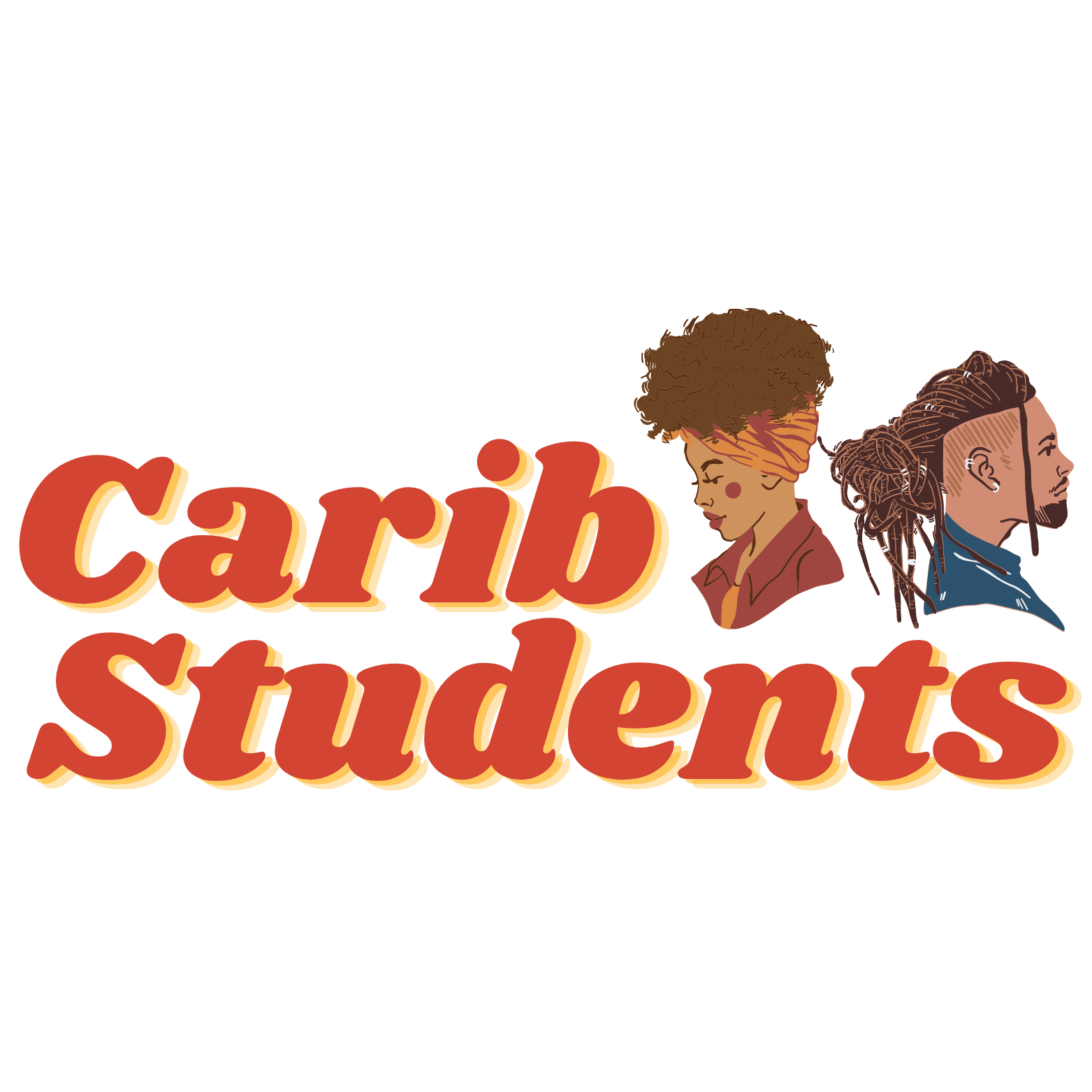Pathway A
This pathway is for students who are interested in pursuing their A levels or equivalent qualifications.
There are multiple options available for students, whether they are looking for something very traditional or more practical based.
For students looking to apply for university after achieving their A levels or equivalent qualifications, students along with their parent/guardian/s should look for courses that the student might be interested in to see the necessary qualifications for the course before choosing the A level course. To achieve success, students must plan ahead.

Table of Contents
Qualifications
Although many university courses take multiple qualifications (eg. BTEC or T Level or A Level) there are also subject combinations that must be considered before selecting a course.
Example a student looking to apply for a Chemical Engineer course at Aston University in Birmingham needs 3 subjects with grades BBC.
- Maths (mandatory) at grade B
- Plus two other stem subjects at grades B and C
Stem Subjects examples: Further Maths, Statistics, Physics, Design Technology, Chemistry, Engineering Science, Computer Science, Biology and Electronics.
If a student studied Humanities subjects like Politics or History at A level then they would not be able to apply for this course.
Another thing to consider before even looking at degrees are the jobs the students is interested in and what they require whether home or in the UK. Because some jobs don’t need degrees. Some need a certification or if the student takes a practical course at Level 3 it could lead to employment right away. Some companies also have their own pathways that once a you’re on it, you just keep going up and up.
So Where Do You Start?
First you should understand the differences between the British and Caribbean grading systems.
Definitions:
GCSE: General Certificate of Secondary Education.
CSEC: Caribbean Secondary Education Certificate
A Levels: subject-based qualifications
CAPE: Caribbean Advanced Proficiency Examination
UCAS: The Universities and Colleges Admissions Service
The UCAS website is the site you use to find courses, advice on many areas related to your studies and its where you apply for your courses.
British Level System
GCSE (CSEC)= Level 1-2
A-levels (CAPE) = Level 3
Undergraduate/Bachelor = Level 4-6
Post Graduate/Masters = Level 7
Doctorate = Level 8
CSEC to GCSE
Grade 1 CSEC = A/7 GCSE
Grade 2 CSEC = B/6 GCSE
Grade 3 CSEC = C/4 GCSE
You are currently learning about courses at Level 3
CAPE to A Level
Double Unit Subject at Grade 1 (CAPE) = A* (A-levels)
Double Unit Subject at Grade 1 (CAPE) = A (A-levels)
Double Unit Subject at Grade 2 (CAPE) = B (A-levels)
Double Unit Subject at Grade 3 (CAPE) = C (A-levels)
Double Unit Subject at Grade 4 (CAPE) = D (A-levels)
Courses available
In England there a multiple qualifications to pursue. There are traditional courses, a blend of theory and practical courses and courses that are made to lead to employment rather than higher education.

A Levels
To enroll in university students need to take 3 subjects for 2 years.
There are about 80 subjects to choose from with A Levels. Visit the website of the college you are interested in to check them out.

(Business and Technology Education Council)
- BTEC Level 3 Subsidiary Diploma: Equivalent to one A-Level
- BTEC Level 3 Diploma: Equivalent to two A-Levels
- BTEC Level 3 Extended Diploma: Equivalent to three A-Levels
Combines practical learning with theory and subject content.
- art and design
- business
- childcare
- construction
- engineering
- health and social care
- hospitality
- IT
- land-based
- media
- performing arts
- public and protective services
- science
- sport
- transport, travel and tourism.

T Levels
T Levels are equivalent to three A Levels.
Designed in collaboration with employers to give young people the skills that industries need. They combine classroom learning with on-the-job experience.
- Agriculture, Environmental and Animal Care
- Business and Administration
- Catering and Hospitality
- Construction
- Creative and Design – Craft and Design, Media, Broadcast, Production
- Digital – Digital Business Services, Digital Production, Design and Development
- Education and Early Years
- Engineering and Manufacturing –
- Maintenance, Installation and Repair for Engineering and Manufacturing
- Engineering, Manufacturing, Processing and Control
- Design and Development for Engineering and Manufacturing
- Health and Science
- Legal, Finance and Accounting
- Sales, Marketing and Procurement

Care, Health And Education Qualification
- Level 1: Entry-level qualification that covers basic skills and knowledge
- Level 2: Equivalent to studying at GCSE level
- Level 3: Equivalent to studying at A-level
- Level 4 and 5: Equivalent to being a professional in the field
CACHE (Care, Health and Education) Qualification: offers a wide range of vocational qualifications suitable for individuals involved in early years education, childcare, and health and social care.
Course Examples
Level 1 Certificate in Caring for Children
Study the different ways that young children learn; understanding the technological, scientific, and musical activities that are suitable for different age ranges; and how interaction and play can build self-esteem in children.
Level 2 Certificate in Understanding Different Specific Learning Difficulties
This course aims to give you the knowledge of different specific learning difficulties, how they are diagnosed, and how individuals can be supported. This course covers a wide range of learning difficulties, including ADHD, autism, dyslexia, and dyscalculia.
This qualification will be suitable for teaching staff, care staff, or anyone looking to build their knowledge of dyslexia and other learning difficulties.
Level 3 Preparing to work in Adult Social Care
During your course, you will expand your knowledge of the key legislation and codes of practice in relation to diversity, equality, and inclusion in the sector, how you can take a person-centred approach to care, and the health and safety considerations when working in the sector. You will also learn more about the principles of safeguarding and protecting those in your care and how you can implement duty of care in a social care setting.

City Guild TEch
They carry UCAS points at Level 3.
With these qualifications, you can progress to an apprenticeship, university or go straight into a job.
- Automotive
- Beauty
- Building Services
- Construction
- Engineering
- Hairdressing
- Health and Social Care
- Hospitality and Catering
- Land and Animal

Cambridge Technical
- Cambridge Technical Extended Certificate: Equivalent to one A Level
- Cambridge Technical Diploma: Equivalent to two A Levels
- Cambridge Technical Extended Diploma (Level 3): Equivalent to three A Levels
- Cambridge Technical Introductory Diploma: Equivalent to one A Level
Level 2
- Business Level 2
- Digital Media Level 2
- Engineering Level 2
- Health and Social Care Level 2
- Information Technology Level 2
- Sport and Physical Activity Level 2
Level 3
- Applied Science Level 3
- Business Level 3
- Digital Media Level 3
- Engineering Level 3
- Health and Social Care Level 3
- Information Technology Level 3
- Performing Arts Level 3
- Sport and Physical Activity Level 3
Level 3 Apprenticeships
Apprenticeships allow students to learn on the job along with studying with a college or training provider. They are paid opportunities and can take 18-24 months to complete.
Where can you find Apprenticeships?
- UCAS
- UK Government website
- Google search
Example on google you can type in:
- ‘Apprenticeships in Finance’ OR ‘Apprenticeships in Mechanics’
University Degree with Foundation Year
Foundation years are ‘designed to develop the skills and subject-specific knowledge required to undertake a degree course, and specialise in a subject area. If your grades weren’t suitable, or you studied combinations of subjects at school or college that mean you don’t meet the entry requirements for your chosen course, a foundation year could be perfect.’ – UCAS
This route is also great for students who have their A-levels/CAPE qualifications but who want time to adjust with the British Education system.
Author Note: There a lot of things that are different with the British Education system from the Caribbean education system. For some it may be easy to adjust to but for others it may be helpful if they start with a Foundation year. I did not do one but, I saw the impact on some students coming from College in the UK to University and it was a bit of a jump especially with essay writing.
Furthermore, if the student is pursuing a subject area for the first time, it is a perfect way for them to get their feet wet and decide whether it is the direction that they really want to go in. If they decide it is not for them, they can switch to a new course.
It is one thing to like a subject area but sometimes one doesn’t like it enough to learn about it 24/7. Luckily, you can change your mind and not be bound to the first choice you made.
Courses can be found on UCAS. Look for courses that look like this: Course title + ‘with Foundation Year’.
Example: Business and Healthcare Management with Foundation year OR Agriculture (including foundation year)

Applying
Level 3 Courses
This can be done on the college, training provider or company (for apprenticeships) website or you can give them a call or email the admissions team for more information.
A-level course or equivalent requirements
- at least 5 CSEC subjects with grades between 1-3
The specific grades would depend on the course and the institution.
Some institutions will allow students to retake maths and english classes if they don’t have the required grades. I highly encourage reaching out the schools to find out what is available. There are so many options that it is very hard to not find a course.
Foundation Year at University
Applications can be done on UCAS. Its the platform used to apply to all universities across the UK. https://www.ucas.com/
Entry requirements would depend on the course. They will want to see that the students has passed Maths and English.
A university may spell out the CSEC grades they accept on their website. Don’t be alarmed if it is not listed on their website as an accepted requirement. You can give the university a call or email the admissions team to verify.
CAPE and CSEC qualifications are listed on the UCAS application portal when asked to put in your grades, so don’t worry.

Finances
Level 3 Courses
Student 16-19 years do not pay for level 3 qualifications.
For students 19+ you can get a Adult Education Grant or Advanced Learner Loan for Level 3 or higher course that are not designated for university finance (Student Finance). Click here to learn more
Some colleges have bursaries that students can apply for to help with transportation or other expenses. However they do not cover accommodations.
Foundation Year at University
Students can apply for Student Finance England for a tuition loan, possibly a maintenance loan.
Maintenance loans are used to pay for accommodations, food, transportation expenses while at university.
Please Note: Student Finance England only provides loans for higher education courses, NOT A-level courses.
Normally, to apply for Student Finance a student must be a resident in the UK or an overseas territory for 3 years prior to the start of the course.
- Students applying from the UK were eligible for a tuition and maintenance loan.
- Students applying from an OT were eligible for a tuition loan only for the first year.
In 2024 the eligibility requirements has changed and there is no residency length restrictions. As long as students can prove they are a British/ British OT citizen they can apply for a loan.
However,
- students applying for a student finance loan from an Overseas Territories
- as well as OT students applying for a loan after completing their A level studies in the UK for two years
have received tuition loans but not maintenance loans in their first year.
It seems that students need to still have the three year residency requirement in order to receive the maintenance loan along with the tuition loan.
This may change as the rules have changed in since the scheme began for overseas territory students in 2022.
For now, overseas territory students in their second year of studies can apply for a maintenance loan.
Please note: Student Finance covers 4 years of university. Most courses are three years long. If a student pursues a foundation year it would be an additional year making it 4 years.
Year 0 – Foundation year (Level 3)
Year 1 – Level 4
Year 2 – Level 5
Year 3 – Level 6
Students can switch courses or university after their Foundation Year ONLY and still receive a Student Finance loan. They must inform Student Finance England.
If the student plans on retaking the foundation year, they must understand that they must pay for their final year of studies as this will exceed the four year requirement.
If a student takes a course without a foundation year their studies may look like this:
Year 1
Year 2
Year 3
Students can retake Year 1 or switch courses and universities at the end of their FIRST YEAR ONLY and receive a Student Finance Loan.
